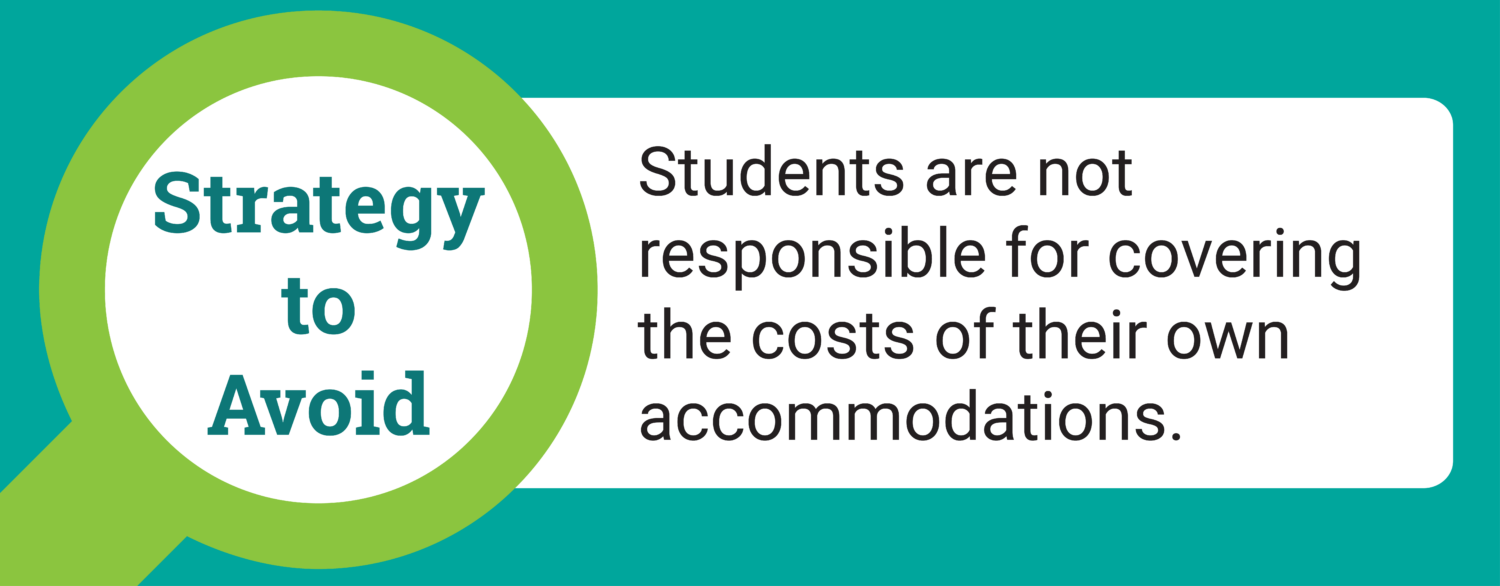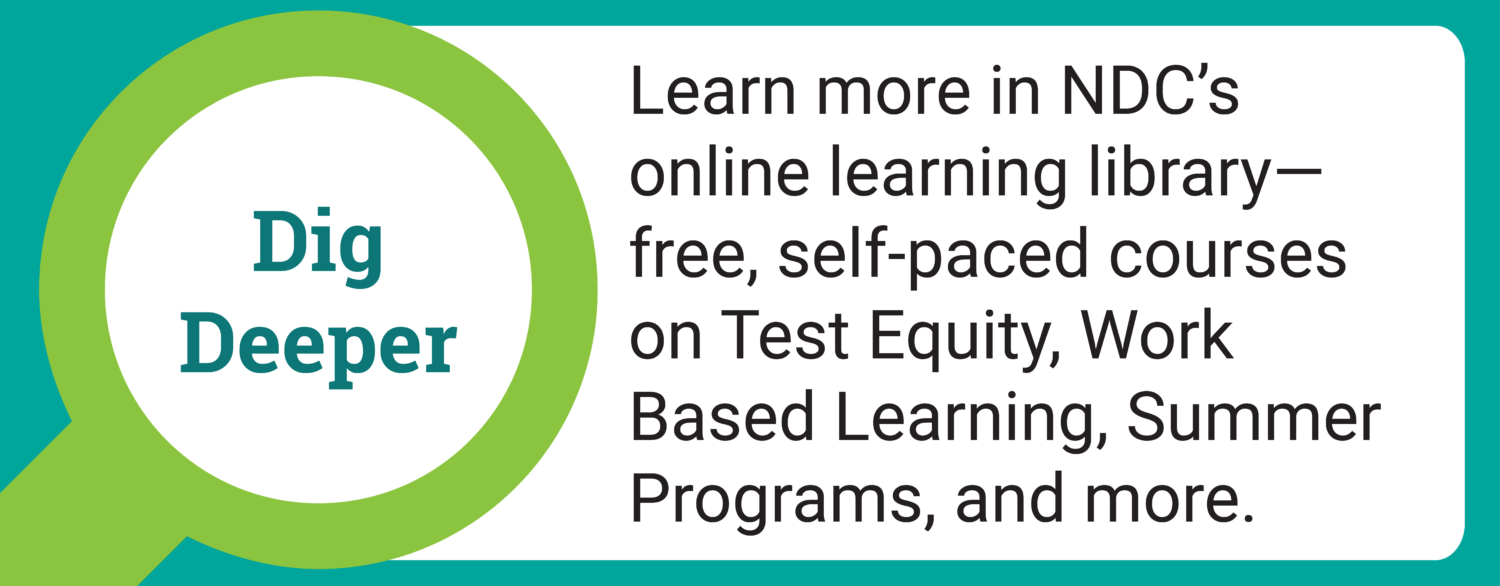Deaf Success: Guide for Colleges and Postsecondary Programs

Colleges, universities, and postsecondary training programs are responsible for ensuring programs and services are accessible for deaf students, including courses and activities online, face-to-face, or hybrid formats. With the right tools, resources, and supports, schools can create accessible learning experiences and opportunities for deaf students to engage in.
Use this guide to support deaf success on your campus. Explore NDC resources, tip sheets, and toolkits on a variety of topics using the links provided.
KEY STRATEGIES

- Explore a variety of commonly used accommodations for deaf students.
- Prepare for both remote and in-person services, including sign language interpreting and speech-to-text services in all academic and non-academic settings.
- Streamline accommodations protocol using these five commonly requested resources.
- Anticipate barriers: remember face masks can affect accessibility and learning for deaf students.
- Check in and stay updated with other professionals in higher education on best practices, successes and setbacks with NDC’s Listserv and Newsletter.

- Plan course content with students in mind. Include a variety of materials and activities, in accessible formats, for students to participate in online and in-person courses.
- Incorporate inclusive instructional strategies to maximize engagement and learning.
- Caption all of your videos and media. Do not rely on auto captions — such as those on YouTube — they are inaccurate and inaccessible.
- Address attitudes and biases that surface as barriers for deaf students.


- Access is more than just providing accommodations in the classroom. It should include the full campus experience.
- Ask deaf students questions with deaf students to discover, implement and modify reasonable accommodations.
- Keep deaf students connected with each other and with deaf mentors.
- Support students in remote learning, making sure they maximize the use of technology, and collect feedback on their experiences with access.
- Plan for critical opportunities with internships and offsite accessibility.
- Encourage students to connect with vocational rehabilitation to receive support for personal assistive technology devices and tuition.
STAY CONNECTED WITH NDC
- FAQs are regularly updated.
- NDC | Help Team is just a click away.
- Subscribe to keep current and connect with peers.






